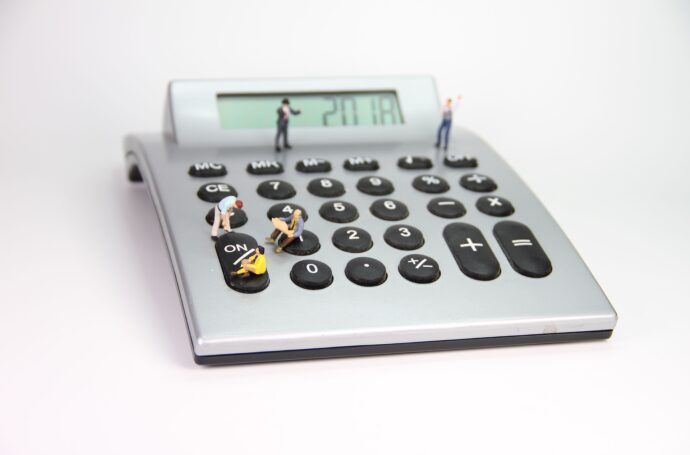Startups involve bringing a new service or product to the market in order to solve a current problem or to respond to a present need. Because of this, it is likely that many people or teams are working to develop a solution to the same problem – in fact, many of the greatest inventions of our time have been developed almost simultaneously because they are spurred by a general perception of a problem. The reason we know the name of one inventor and not another is often because one of them made it first to the patent office. As industry experts like John Bradberry Consulting can tell you, there is a great deal of competition to find the next big startup idea. If you think you might have found it, be sure you consider applying for a patent to protect your rights.

What is a patent?
A common misperception about patents is that they give the holder “ownership” of an idea. This is not the case – instead, a patent gives an inventor the exclusive right to develop an idea in order to bring it to the market. Even then, this right is not forever. A patent will expire after a period of time, allowing competitors to develop their own version of the same product. There are some limitations on what kinds of ideas can be patented. First, the idea or process needs to be new – this means that it can’t be something that is already available to people. It also needs to be something that is not obvious to other people. This is because if an idea is so obvious that someone could simply “stumble across it” then there is not likely to be a significant intellectual process that needs to be protected. Finally, in order to be patented, an idea needs to be actually possible to develop. This means that you cannot patent ideas for technologies or processes that aren’t currently possible.
Things to remember
If you are considering applying for a patent for your idea, you need to keep a few things in mind because they might affect your rights. For example, in the United States, the law is that if you have publically demonstrated or used your product, you have 12 months to apply for the patent (because remember, patentable ideas must not be in the public realm). You also have only 12 months to apply for a patent if you have sold your product.
Patents are quite expensive to apply for and can be quite complicated. For this reason, some developers choose to protect their idea by keeping processes, ingredients and technologies “secret” rather than patenting the idea. While you don’t have an exclusive right to develop the idea without a patent, if it sufficiently complicated you may find that you don’t need to patent it at all.
You do need to make sure, however, that any great idea you have for a startup has not already been patented by a competitor. Be sure to do your homework on this issue before you invest any time or money developing an idea that someone else has secured the rights to.


